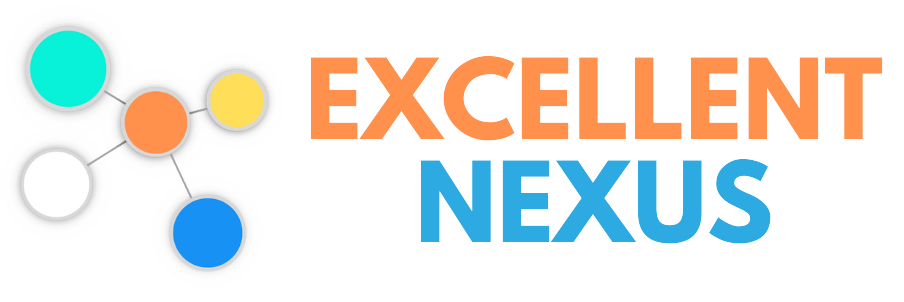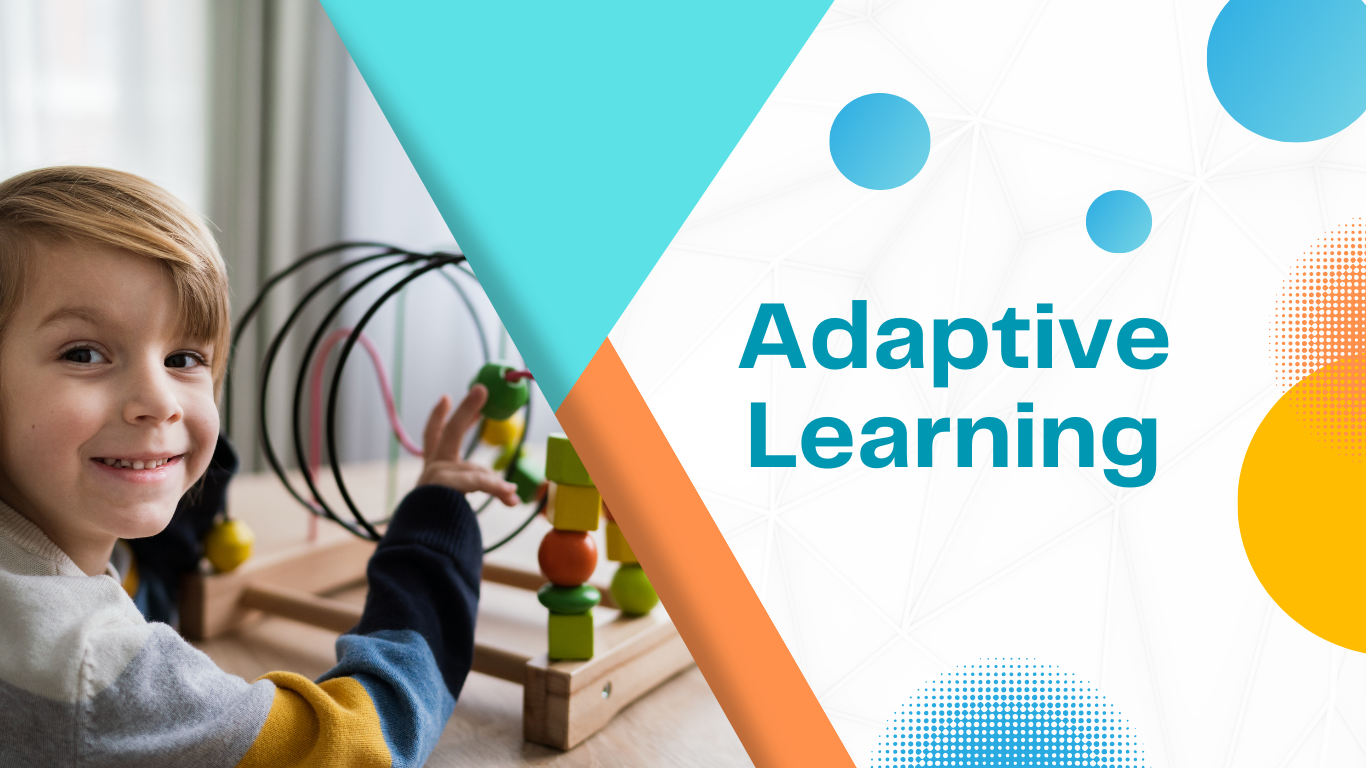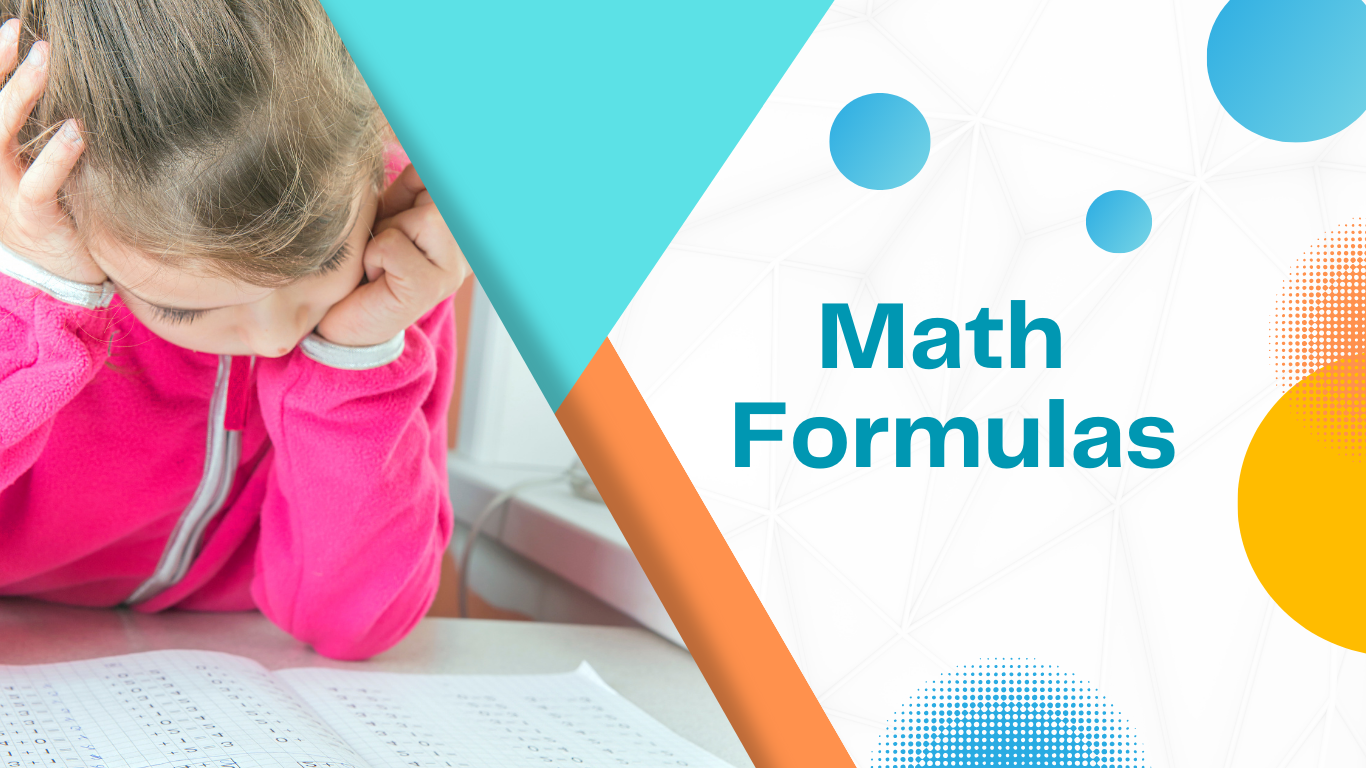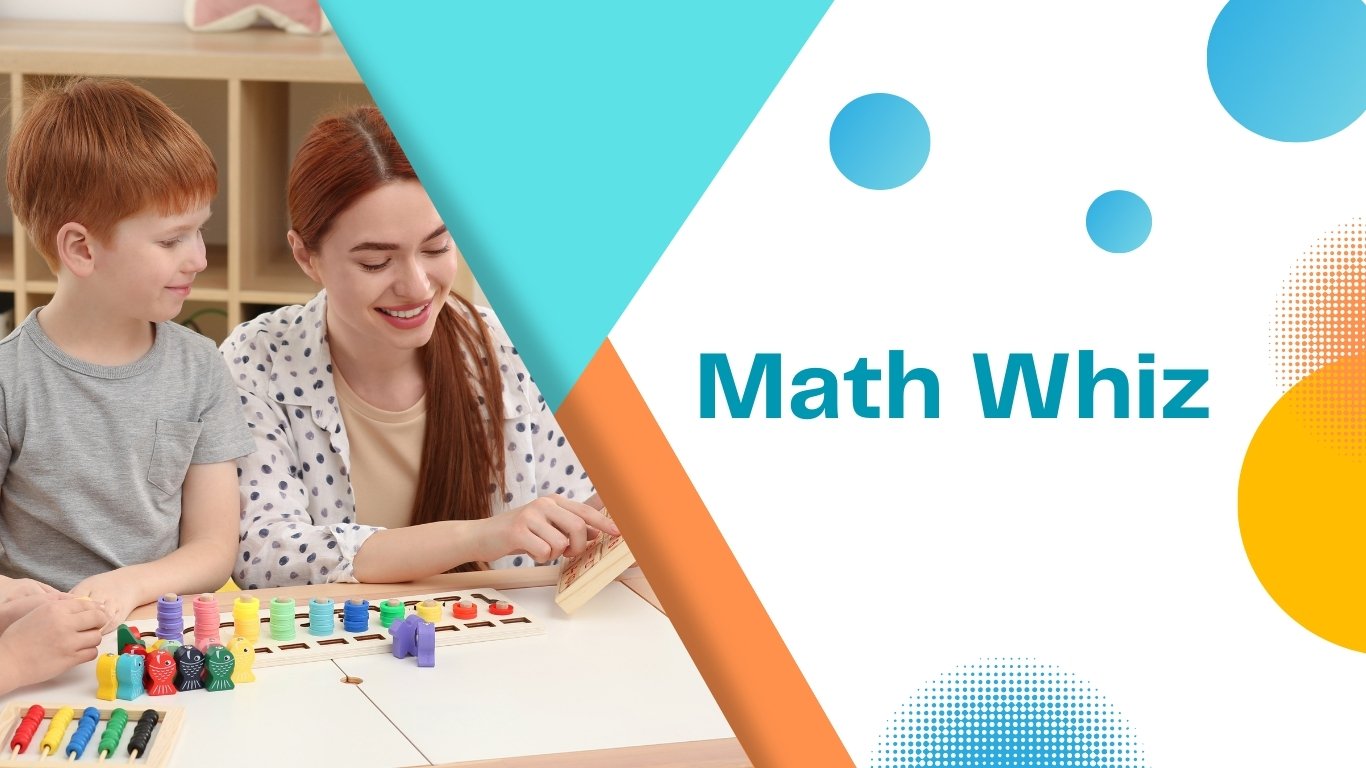
Unleash your Potential with a Highly Intelligent Qoutient
Originating in the early 20th century, the concept of Intelligence Quotient (IQ) was introduced by French psychologist Alfred Binet, who aimed to measure a child’s intellectual capabilities for educational purposes. Over the years, the significance of IQ has expanded beyond its initial educational context, influencing fields such as psychology, sociology, and even job recruitment.
Despite its widespread use, IQ measurement has sparked continuous debates within the scientific community, particularly concerning its application in fields like psychology, sociology, and even job recruitment, while also considering the significance of math tutorials. Critics argue that a single number cannot capture the full spectrum of human intelligence, overlooking various facets such as emotional intelligence, creativity, and practical problem-solving skills. Additionally, cultural biases embedded in IQ tests have raised concerns about their fairness across diverse populations.
As our understanding of intelligence evolves, some psychologists advocate for a more holistic approach to assessing cognitive abilities, embracing multiple intelligences and recognizing the limitations of a standardized IQ score, while also considering the role of online learning. The ongoing discourse around IQ reflects the dynamic nature of our comprehension of human intelligence and the quest for more inclusive and accurate measures in the pursuit of unraveling the complexities of the human mind.
Defining Intelligence Quotient
Intelligence Quotient, commonly known as IQ, is a numerical score derived from a standardized intelligence test. These tests aim to assess an individual’s cognitive abilities, covering various domains such as logical reasoning, problem-solving, pattern recognition, and memory. The concept of IQ emerged in the early 20th century, with the development of intelligence tests by psychologists such as Alfred Binet.

The Origins of IQ Testing
Alfred Binet, a French psychologist, introduced the first intelligence test in the early 1900s to identify children who needed educational assistance. The test aimed to measure “mental age” and compare it to the chronological age of the child. Over time, IQ tests evolved and became widely adopted as a tool to assess cognitive abilities in various populations.

Measuring IQ
IQ is typically measured on a standardized scale, with a mean score of 100. Scores are distributed in a bell curve, where the majority of the population falls within one standard deviation of the mean. A score above 100 is considered above average intelligence, while a score below 100 indicates below-average intelligence.
Measuring IQ
IQ tests are designed to assess a range of cognitive abilities, including:
The ability to understand and use language effectively is crucial, particularly with honed skills from advanced English tutorial and public speaking training.
The capacity to hold and manipulate information in one’s mind.
The speed at which an individual can perform simple cognitive tasks.
The Controversies Surrounding IQ
Despite its widespread use, IQ testing has faced criticism and controversy. Critics argue that IQ tests may not capture the full spectrum of human intelligence, neglecting factors such as creativity, emotional intelligence, and practical problem-solving skills. Additionally, concerns about cultural bias in test design and interpretation have sparked debates on the fairness of IQ assessments across diverse populations.

The Relationship Between IQ and Success
The connection between IQ and success is a topic of ongoing research and debate. While a high IQ may contribute to academic achievement and certain career paths, it is not the sole predictor of success. Other factors, such as grit, resilience, and socio-emotional intelligence, play crucial roles in determining an individual’s overall achievements in life.
Hello,
Welcome to Excellent Nexus!
A thriving community of dedicated learning mentors, parents, and students! Our goal is to create an engaging online environment for all. Step into our lively learning community, where you can share insights, work together, and grow alongside fellow learners. Embark on your educational journey with Excellent Nexus today!
Let’s connect
Join us today!
Stay updated with our latest tutorials and ideas by joining our newsletter.
Blogs Stories
We are incredibly grateful for the remarkable progress our child has made with your tutoring service. The personalized attention and effective teaching methods have truly made a difference. Thank you for helping our child reach their full potential!

Katherine Macbeth
Brazil
Exceptional service! Our child’s confidence and performance in school have soared since joining your tutoring program. The tutors are not only knowledgeable but also caring and supportive. We couldn’t be happier with the results!

Wilson Miller
Canada
Five stars all around! Your tutoring service has been a game-changer for our family. Our child now enjoys learning and looks forward to their sessions. The progress they’ve made is astounding. Thank you for making such a positive impact!

Georgia Brown
Boston
Highly recommend! The tutors at this service go above and beyond to ensure our child’s success. . We’ve seen a significant improvement in our child’s grades and confidence. Thank you for your dedication

Liza Smith
Texas
Absolutely fantastic! We’ve tried other tutoring services in the past, but none compare to this one. The tutors are knowledgeable, patient, and genuinely care about our child’s academic growth. We’re thrilled with the results and couldn’t be happier with the support our child receives.

Donald Kuhlman
Lakewood

Originating in the early 20th century, the concept of Intelligence Quotient (IQ) was introduced by French psychologist Alfred Binet, who aimed to measure a child’s intellectual capabilities for educational purposes. Over the years, the significance of IQ has expanded beyond its initial educational context, influencing fields such as psychology, sociology, and even job recruitment.
Despite its widespread use, IQ measurement has sparked continuous debates within the scientific community, particularly concerning its application in fields like psychology, sociology, and even job recruitment, while also considering the significance of math tutorials. Critics argue that a single number cannot capture the full spectrum of human intelligence, overlooking various facets such as emotional intelligence, creativity, and practical problem-solving skills. Additionally, cultural biases embedded in IQ tests have raised concerns about their fairness across diverse populations.
As our understanding of intelligence evolves, some psychologists advocate for a more holistic approach to assessing cognitive abilities, embracing multiple intelligences and recognizing the limitations of a standardized IQ score, while also considering the role of online learning. The ongoing discourse around IQ reflects the dynamic nature of our comprehension of human intelligence and the quest for more inclusive and accurate measures in the pursuit of unraveling the complexities of the human mind.

Defining Intelligence Quotient
Intelligence Quotient, commonly known as IQ, is a numerical score derived from a standardized intelligence test. These tests aim to assess an individual’s cognitive abilities, covering various domains such as logical reasoning, problem-solving, pattern recognition, and memory. The concept of IQ emerged in the early 20th century, with the development of intelligence tests by psychologists such as Alfred Binet.
The Origins of IQ Testing
Alfred Binet, a French psychologist, introduced the first intelligence test in the early 1900s to identify children who needed educational assistance. The test aimed to measure “mental age” and compare it to the chronological age of the child. Over time, IQ tests evolved and became widely adopted as a tool to assess cognitive abilities in various populations.
Measuring IQ
IQ is typically measured on a standardized scale, with a mean score of 100. Scores are distributed in a bell curve, where the majority of the population falls within one standard deviation of the mean. A score above 100 is considered above average intelligence, while a score below 100 indicates below-average intelligence.

The Components of IQ
IQ tests are designed to assess a range of cognitive abilities, including:
The ability to understand and use language effectively is crucial, particularly with honed skills from advanced English tutorial and public speaking training.
The capacity to hold and manipulate information in one’s mind.
The speed at which an individual can perform simple cognitive tasks.
The Controversies Surrounding IQ
Despite its widespread use, IQ testing has faced criticism and controversy. Critics argue that IQ tests may not capture the full spectrum of human intelligence, neglecting factors such as creativity, emotional intelligence, and practical problem-solving skills. Additionally, concerns about cultural bias in test design and interpretation have sparked debates on the fairness of IQ assessments across diverse populations.


The Relationship Between IQ and Success
The connection between IQ and success is a topic of ongoing research and debate. While a high IQ may contribute to academic achievement and certain career paths, it is not the sole predictor of success. Other factors, such as grit, resilience, and socio-emotional intelligence, play crucial roles in determining an individual’s overall achievements in life.

Mastering the Art of Public Speaking: Enhance Communication Skills with Our Online Tutorials Enrolling in our online tutorials offers a transformative opportunity …
Enhancing Memory Skills: Unleash Your Cognitive Potential with Our Online Tutorials Enrolling in our online tutorials not only facilitates academic learning but …
Accelerate Your Learning: Acceleration Test with Our Online Tutorials Enrolling in our online tutorials introduces you to an accelerated learning experience designed …
Achieve Academic Excellence: Boost Your Math Scores with Our Online Tutorials Enroll in our online tutorials to achieve higher math scores an …
Contact
- info@asialearninghub.com
- excellentnexus2023

Mastering the Art of Public Speaking: Enhance Communication Skills with Our Online Tutorials Enrolling in our online tutorials offers a transformative opportunity …
Enhancing Memory Skills: Unleash Your Cognitive Potential with Our Online Tutorials Enrolling in our online tutorials not only facilitates academic learning but …
Accelerate Your Learning: Acceleration Test with Our Online Tutorials Enrolling in our online tutorials introduces you to an accelerated learning experience designed …
Achieve Academic Excellence: Boost Your Math Scores with Our Online Tutorials Enroll in our online tutorials to achieve higher math scores an …
Mastering Mathematics: A Journey with Our Online Tutorials Enrolling in our online tutorials is just the beginning of a transformative journey toward …
Unlocking the Power of Logical Reasoning: An Essay on Enrolling in Our Online Tutorials In an era defined by rapid change and …
Transformative Learning: Enriching Your Journey with Our Online Tutorials Online tutorials have revolutionized learning, providing accessible and flexible avenues for knowledge acquisition …
Mastering Mathematics: Unlocking Essential Formulas in Our Online Tutorials In our online tutorials, we understand that mathematics can be a challenging subject …
Personalized Progress: Adaptive Learning in Our Online Tutorials At our online tutorials, we understand that every learner is unique, with individual strengths, …
Enhancing Learning Through Group Sessions in Our Online Tutorials In our online tutorials, we recognize the power of collaborative learning experiences, and …
Unlocking Fun Learning: Exploring Engaging Modules in Our Online Tutorials In today’s swiftly evolving educational landscape, dynamic, interactive online tutorials, including our …
Empowering Confidence Through Online Tutorials: A Pathway to Success In today’s fast-paced world, continuous learning has become essential for personal and professional …
Unleash your Potential with a Highly Intelligent Qoutient Originating in the early 20th century, the concept of Intelligence Quotient (IQ) was introduced …
Conquer Effortlessly with Mathematical Mastery Mathematics can be a daunting subject for many, but it doesn’t have to be. With the right …
Mastering the Art of Effective Communication in Englsih Mastering English communication is a crucial asset in today’s globalized society, offering a gateway …
Spark Creativity in Learning, Breaking Through Boundaries In the ever-evolving landscape of education, the concept of innovative learning has become a beacon …















